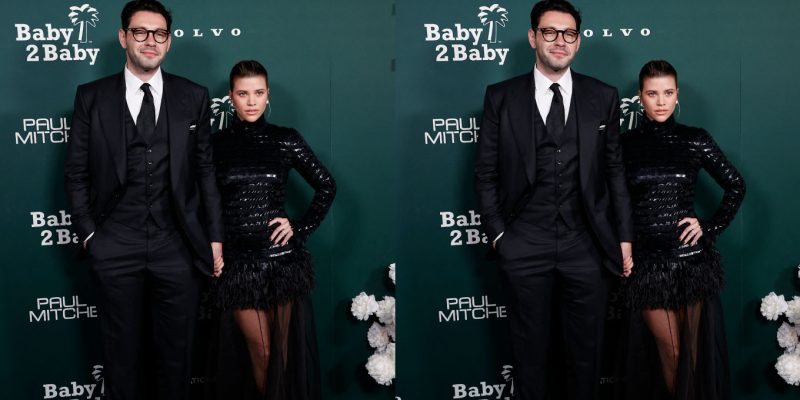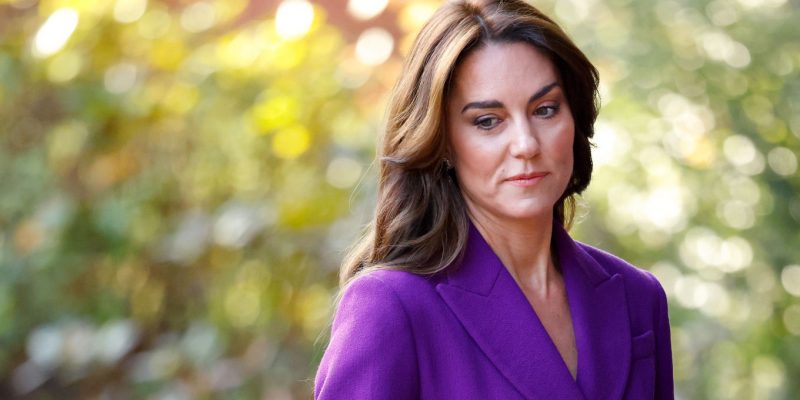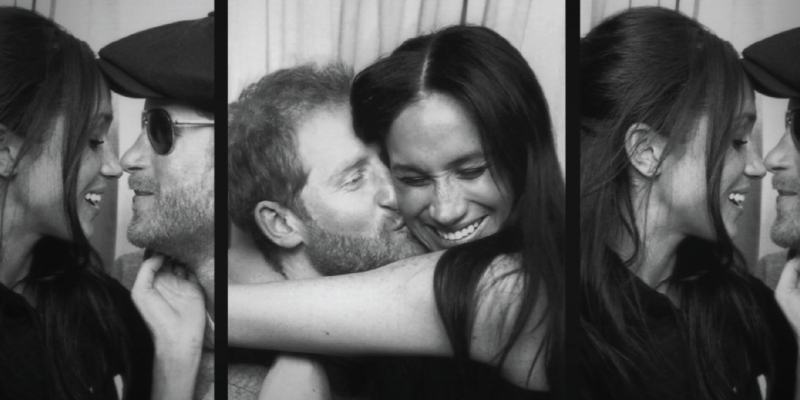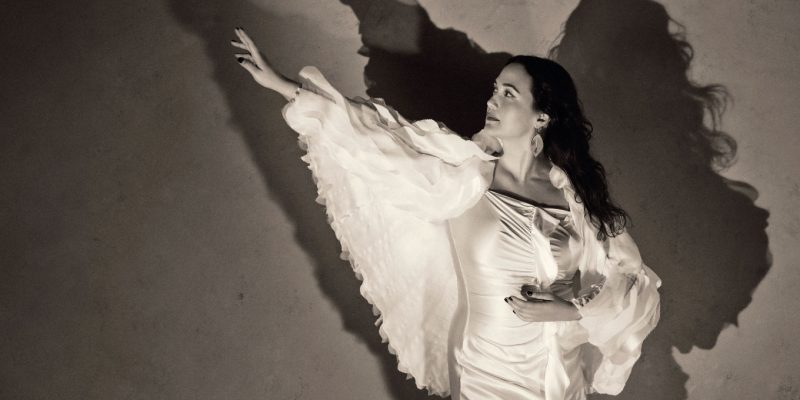Celebrity
Emma Watson is as cool, funny and smart as you think she is
by : Lorraine Candy- Feb 28th, 2017
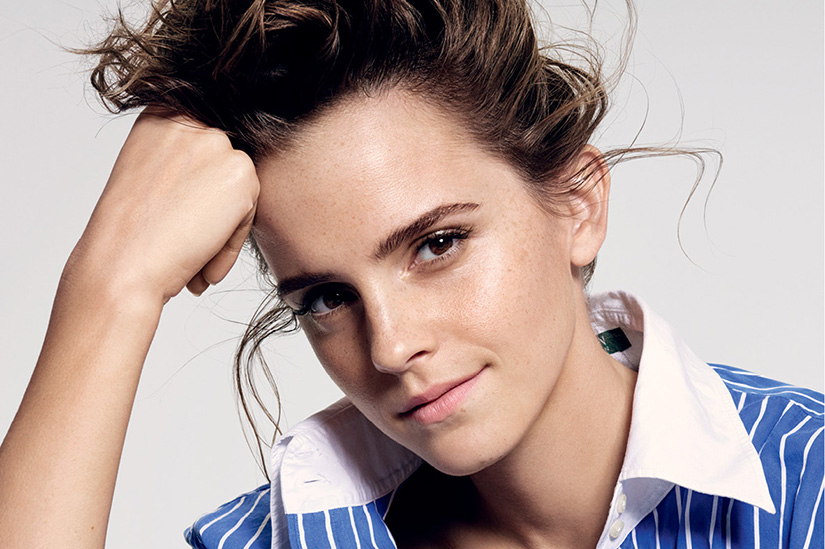
Emma Watson has had a year off but not the kind of year off you or I might have—more of a Hermione-style one. During her break, she has done the following (brace yourself; it’s a long list): visited Malawi with UN Women, given several high-profile speeches on gender equality, interviewed feminist activists and actresses for various publications and websites and met with the coolest of PMs, Justin Trudeau, to take part in the One Young World youth-leadership conference (and secretly toured Toronto on the back of Sophie’s Vespa). She has guest-edited Esquire with Tom Hanks, attended the Davos gathering to launch a gender-parity report, beatboxed with the musical Hamilton’s Lin-Manuel Miranda as part of the UN’s HeForShe campaign, taken part in the World’s Largest Lesson for the Global Goals movement, worked with Eco-Age on how to dress more sustainably and launched her own book club, Our Shared Shelf, with a series of one-on-one interviews with authors including Caitlin Moran and Gloria Steinem. (Just imagine the research you’d have to do before meeting either of them!) Oh, and she has also read 46 books—that’s almost one a week—and the year hasn’t even finished when we meet to chat in Manhattan.
“That sounds exhausting,” I say. “Couldn’t you have just gone to a few spas? I mean, what were you trying to prove?” Watson laughs. I have to wait for her reply because she’s scarfing down a giant piece of chocolate cake and an accompanying glass of red wine.
“It wasn’t about me necessarily proving anything,” she says with a smile. “I was just thinking that I have this year to myself, so let’s see what we can do to move the needle and make a difference.”
In truth, I’d expect nothing less of Watson, whom I first met when she was 19 and at the beginning of her post-Harry Potter journey. For a while, “Em,” as her friends call her, fought to prove she was nothing like Hermione, but then, with ever-increasing and impressive emotional maturity, she realized that she and her wizard alter ego actually have a lot in common, from their studiously perfectionist tendencies to their need to “do the right thing.” Now 26, Watson has what I call a “controlled curiosity,” which is an attractive quality in a woman who truly realizes and values the huge influence she wields in an uncertain world.
She was never going to waste a year off puttering about at home, although she does love her London and New York apartments and is, by her own admission, “a fanatical nester.” “I’m the kind of person who needs 24 hours where I don’t see another living thing,” she says.
I have been consistently intrigued by Watson since our first meeting. She is an extremely private person yet was willing to expose herself for feminism, a cause she h strongly believes in, weathering some brutal personal criticism along the way. Sometimes this level of serious activism can endow a famous face with a rather earnest persona. In Watson’s case, it risks giving a one-dimensional view of the actress, who is more complex, and indeed more fun, than the sum of her campaign work.
The last time we met, two years ago, we walked through Central Park the day after her historic and statesmanlike HeForShe gender-equality speech at the UN HQ, which I’d witnessed. It was a heartfelt plea to engage men in the battle for equality, which reached 1.8 million people on YouTube alone and made global front-page news.
She was understandably, but subtly, euphoric. The speech was a success, but Watson was mature enough to be mindful of appearing to be an expert on a subject she was still learning about. She has come a long way since then. She has, indeed, “moved the needle.”
For such a shy person, Watson is an enthusiastic hugger, and this always takes me by surprise when we meet. Friends describe her as fiercely loyal, and she pays special attention to anything that involves family, often kindly pointing out to me, a mom of four, new facts or statistics she has read on why working mothers shouldn’t feel guilty. This is endearing. Half the celebrities I interview barely remember my name, let alone the fact that I have kids.
This time we meet to talk about her feminist book club and her new film, the Disney blockbuster Beauty and the Beast, a luscious musical retelling of the fairy tale, out in March. The trailer has become the most-viewed teaser ever, with more than 127 million views in the first 24 hours after its release. Watson has a “killer singing voice,” as someone who has seen an unedited version of the film tells me. Beauty, which also stars Dan Stevens (see page 59 for more on him) and Luke Evans, was filmed the year after HeForShe, and Watson refers to it as “princess boot camp.” She learned to ride and had intensive waltzing and singing lessons.
“For me, Beauty was the perfect, most joyful thing to do after a heavy year,” she says. “It felt very ‘full circle’ because the day we finished filming was the anniversary of the day, 15 years before, that I’d been cast for Harry Potter. There was something connected about Hermione and Belle, and it was good to be reminded that I am an actress—this is what I do. This film is pure escapism, which came before my year off.”

Photo credit: Kerry Hallihan
And what a year—one in which, she acknowledges, she has grown up.
“It really toughened me up,” she explains. “There is a level of criticism that comes with being an actress and a public figure, which I expect, but once you take a stance on something like feminism, that’s a completely different ball game. There were a couple of days when I just didn’t want to come out from under the duvet. At first I wasn’t sure if I should be upset by it, but then I realized I needed to give myself 24 hours to sulk and then move forward. I got a lot of support from other feminist voices too. Laura Bates [of The Everyday Sexism Project] sent me a care package with sequins and glitter, notes of encouragement and chocolate, which more or less said ‘Don’t let the bastards grind you down.’ I had to remind myself that the criticism wasn’t personal and it was par for the course.”
Perhaps the most difficult were the attacks from other feminists, who suggested that the campaign positioned men as saviours of women and blasted Watson for speaking from the “privileged position of a rich white woman.” “It’s difficult to hear criticism from people whom you consider your peers and who you believe are on the same side,” she says. “But, you know, I just carried on, and some of the stuff made me more thoughtful and questioning of my approach. But some of it you just have to not engage with, and you become more robust. And, of course, sometimes you just have to laugh at the absurdity of it all. Feminism can be humorous, and we all have a different way of approaching that. I often wonder what mischief I can make to spread the word in a playful way. You can’t take everything in life seriously, can you?”
Last November, as part of her book-club project, Watson left copies of Maya Angelou’s final book, Mom & Me & Mom, in tube stations all over London and then across the New York subway the day after Trump was elected. She posted pictures of her “book ninja” antics on Instagram. “People are so busy looking at their phones that no one noticed me,” says the star, who is usually swamped by Harry Potter fans when she leaves a building.
Watson’s Our Shared Shelf, on the Goodreads website, is an informative list of great books—both new and old—that every woman should read, and they’re discussed by members in a useful way. The power of book clubs is undoubtedly huge. Oprah’s Book Club saw many obscure titles become bestsellers, with sales in some cases increasing by as many as several million copies.
I’d asked Watson to recommend books that had moved her during her year off h so that we could discuss them, and the list she supplied is mainly made up of women, like Maya Angelou, who’ve been fearless, even reckless, in their life journeys. I ask her if this is something she seeks. “I gravitate toward these women,” she says. “I am trying to figure out their secret, because I don’t think I’m fearless, but I try to push through to being it. It isn’t effortless for me.”
I say that perhaps fearlessness comes from not caring what people think about you, but Watson thoughtfully corrects me: “I’m not sure I care too much now what people think; it’s more I don’t live up to my own expectations. This is exhausting. I certainly feel that, after this year off, I care much less about offending people or trying to make everyone around me comfortable all the time. You know, sometimes you have to do what you have to do, and you will live.”

Photo credit: Kerry Hallihan
Aside from Angelou’s Mom & Me & Mom, there is Gloria Steinem’s auto-biographical My Life on the Road; Marjane Satrapi’s graphic memoir, Persepolis; Carrie Brownstein’s Hunger Makes Me a Modern Girl; Alice Walker’s The Color Purple; Caitlin Moran’s How to Be a Woman; Half the Sky: Turning Oppression into Opportunity for Women Worldwide by Nicholas D. Kristof and Sheryl WuDunn; and, finally, Maggie Nelson’s The Argonauts, about the experience of building a gender-fluid relationship and queer family.
Watson says she chose Persepolis because her grandparents spent time in Iran and her father was born there. “I had a sense of connection with that book, and it paints a larger picture of feminism around the world,” she explains. Half the Sky is a journey through Africa and Asia, meeting women in poverty-stricken situations, many of them sex workers. It’s a harsh but informative read and one that Watson admits
to dipping in and out of because “it really affected me emotionally.”
I ask Watson if she would consider writing a book, knowing she has been
approached to do so, particularly about feminism. She has 12 journals that she has kept over the years but, wisely, says she thinks she will save her writing for later in life, acknowledging it’s a craft that takes time to learn, and Watson would do something only if she could do it well.
“I need to see and do a bit more first,” she says. “It’s not like I have been reading this material for years, and I don’t have an encyclopedic knowledge. It can be a lot of pressure sometimes, as people expect me to know so much. I’m no expert, and when people push me into a corner of ‘Here’s Emma Watson to lecture you on fem-inism,’ it’s uncomfortable because I am aware that I have a long way to go. I am not sure I deserve all the respect I get yet, but I’m working on it.”
And one can sense that there is enormous pressure on Watson, as someone in the full glare of the new feminist spotlight, to be knowledgeable. She will no doubt meet Trump this year as part of her UN Women work. And what book would she give him? I ask. “Probably Bell Hooks’ Feminism Is for Everybody,” she says, “as it’s simple, well argued and reasonable.”
Right now, she is reading the extra-ordinary and unusual Nights at the Circus by the late Angela Carter, but I ask her if she ever dips into anything as fluffy as Jilly Cooper. “Of course,” she giggles. And she tells me she is drawn to self-help literature, something I did not expect to hear. “I love it. I will get really excited reading something like Arianna Huffington’s The Sleep Revolution. I am a sucker for anything that promises to change my life.”
No conversation about feminist books is complete without asking the interviewee about their favourite love story. Watson, who has studied all manner of historic romantic literature at both Brown and Oxford universities, makes a surprising choice: Just Kids, punk poetess Patti Smith’s evocative New York memoir about her lifelong love affair with photographer Robert Mapplethorpe. “I adored the idea that their love was like a ship that always needed balancing and their affair transcended a sexual relationship and lasted right to the death. It was so ahead of its time.”
It’s good to discover a softer side to Watson, and it’s something I suspect we’ll be seeing more of as she grows in confidence and heads toward her 30s. She seems less serious this time around, and there is a growing lightness to her manner that shines a hopeful light on the future of our feminist role models.
Newsletter
Join our mailing list for the latest and biggest in fashion trends, beauty, culture and celebrity.
More from Celebrity
Read Next
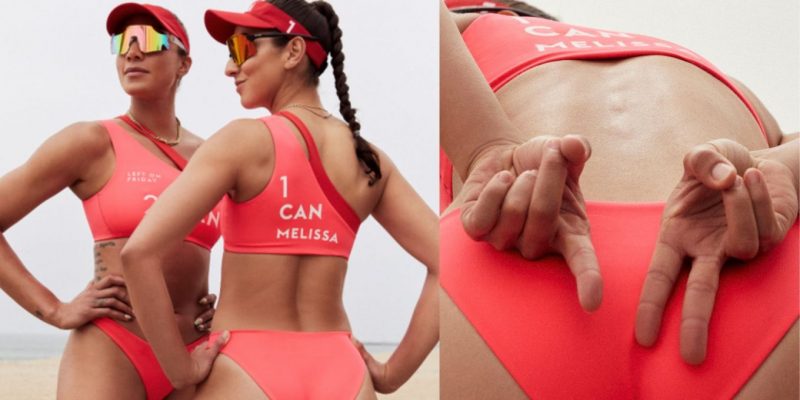
Fashion
This Canadian Swimwear Brand Designed Canada’s 2024 Women’s Olympic Beach Volleyball Team Uniforms
And they're *so* good.
by : Allie Turner- Apr 24th, 2024
Fashion
The Most Iconic Looks In Met Gala History, From 1973 To Now
40 years of the night that's all about trailblazing fashion.
by : ELLE Australia- Apr 24th, 2024

Culture
ELLE Escapes: Savannah
Where to go, stay, eat and drink in “the Hostess City of the South.”
by : ELLE- Apr 15th, 2024

